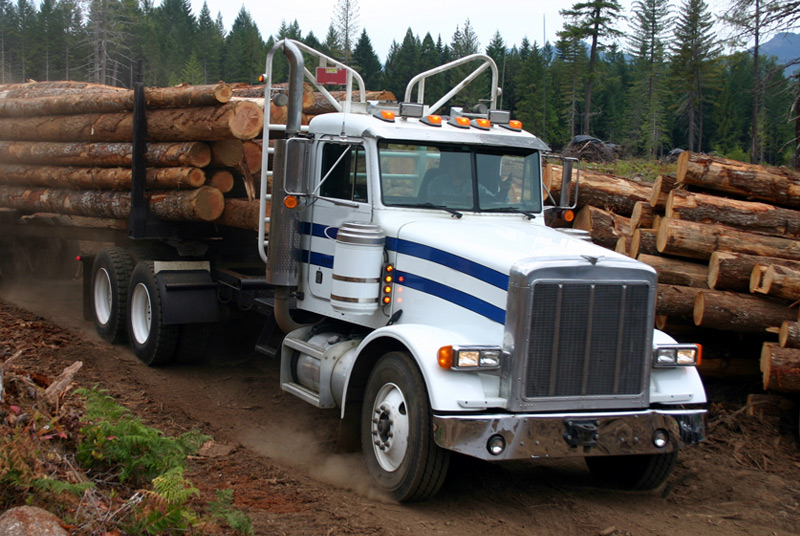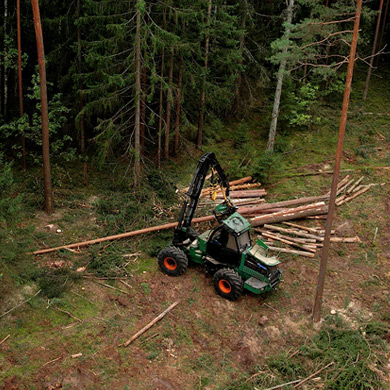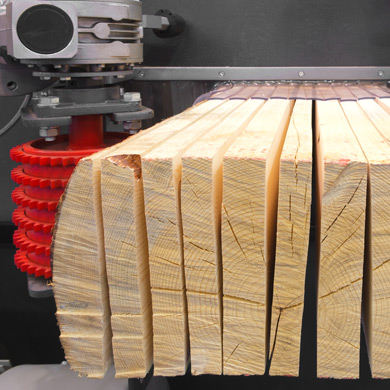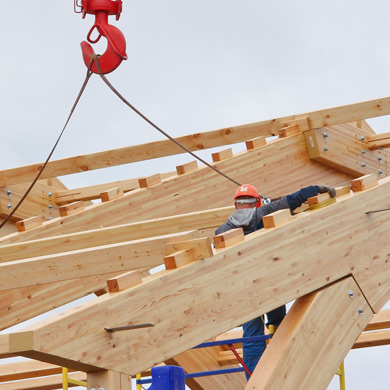
The current conventions of wood product Life Cycle Analyses (LCAs) and Environmental Product Declarations (EPDs) ignore landscape-level carbon flows and fail to shed light on the impacts and benefits associated with climate-smart forestry.
The Climate Smart Wood Group is working to develop trustworthy, replicable data solutions that differentiate the climate impacts of different forest management techniques and resulting wood products.
We need better data to understand the true climate impact of wood products: current LCA methods do not account for how different approaches to forestry affect the amount of carbon that forests store. As a result, EPDs for wood products do not reflect carbon gains or losses that are actually occurring in managed forests.
To understand the implications of growing mass timber markets and the value of climate-smart forestry and wood products, there is a need for additional cross-sector research, guidance and education.



The Measuring Impact technical team is advancing the following goals:
From goal-setting to procurement, the Climate Smart Wood Group can support your project. For more information contact the Climate Smart Wood Group at info@climatesmartwood.net.
©2024 Climate Smart Wood Group. All rights reserved. Privacy Policy
